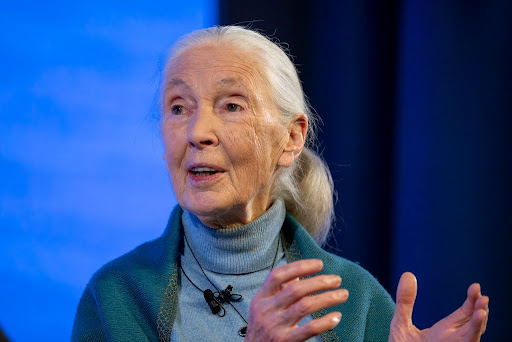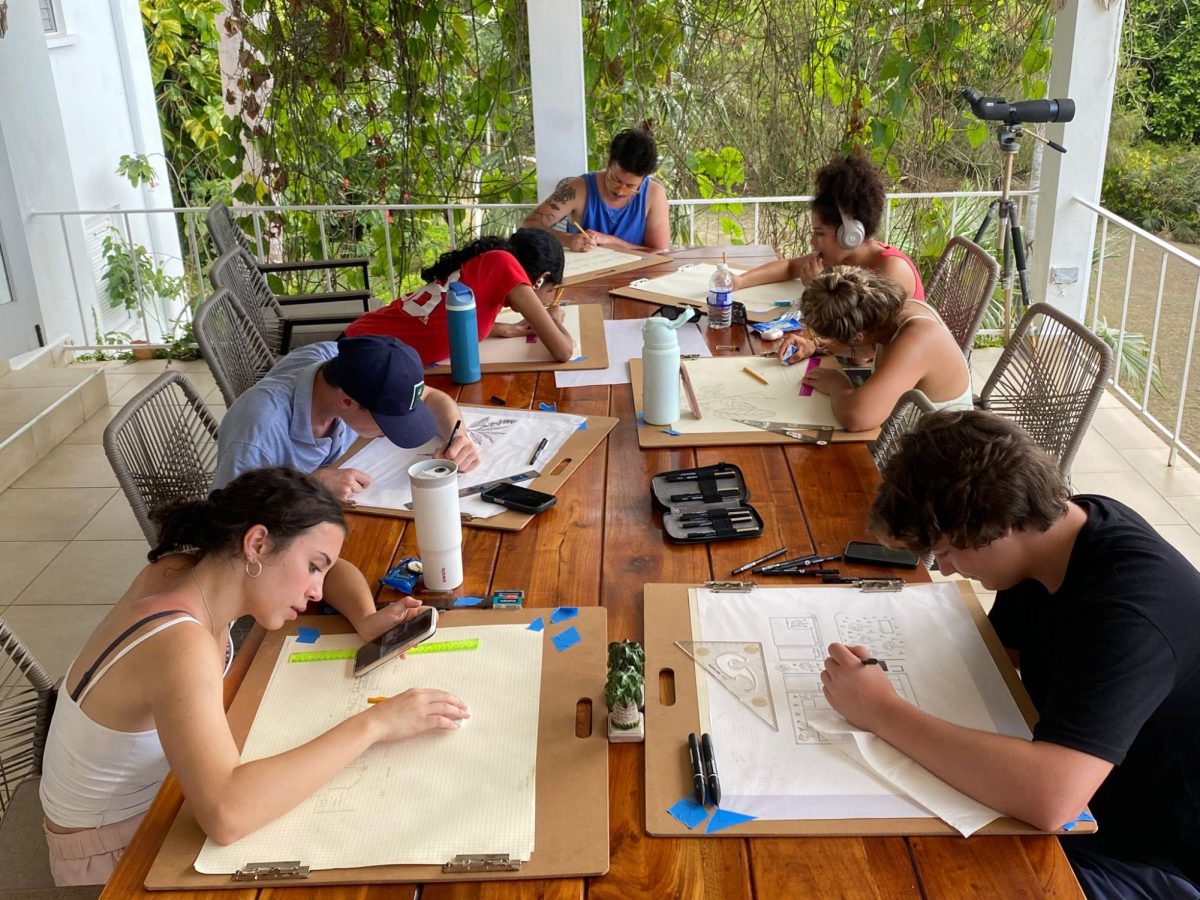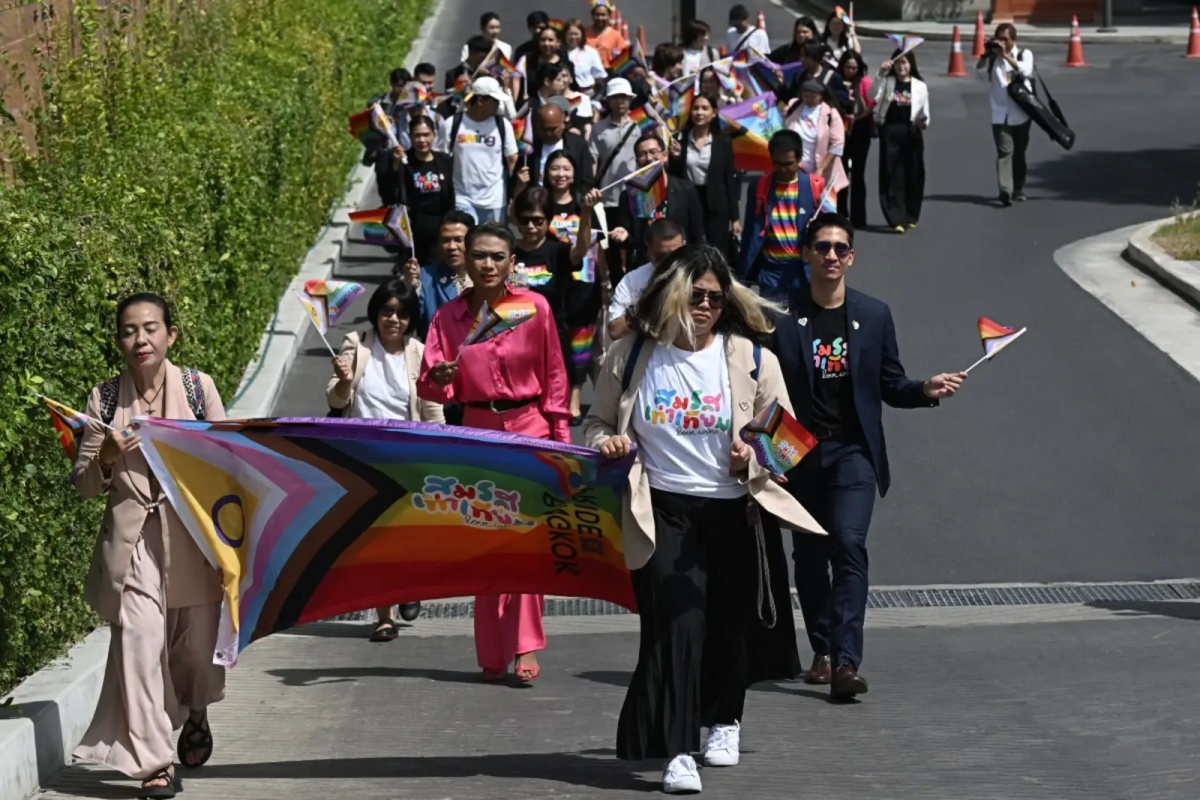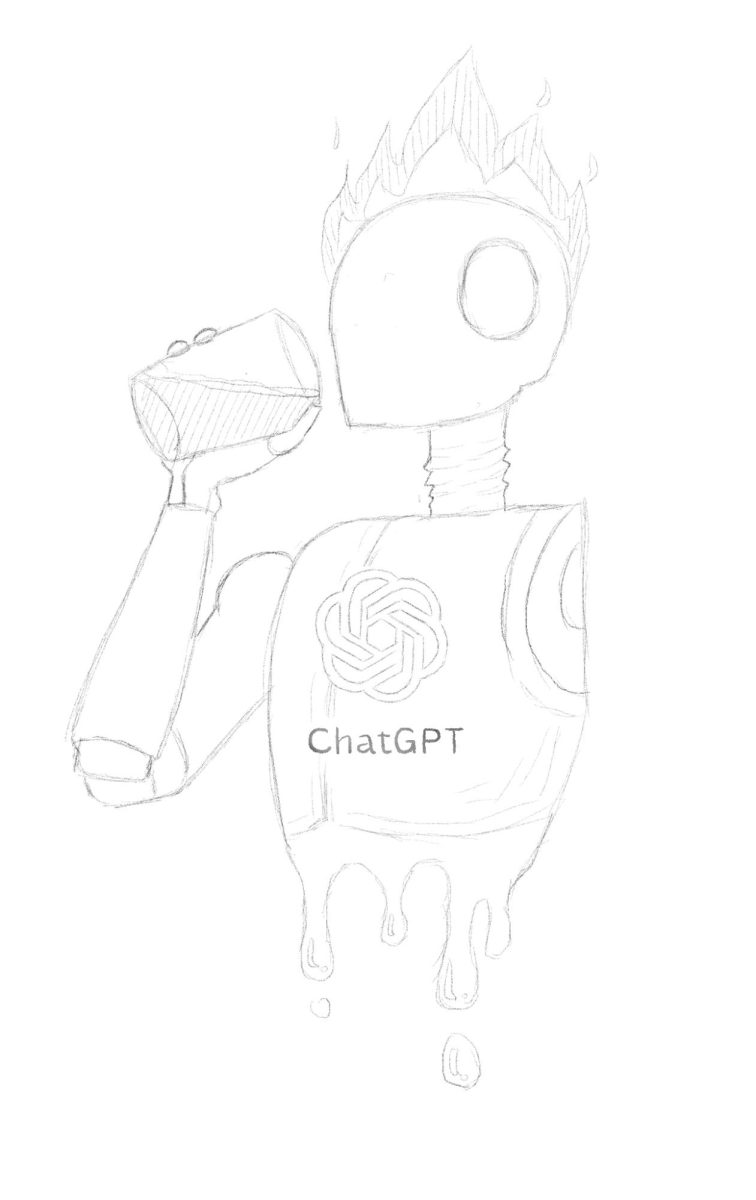The Overturning of Roe v. Wade: A Matter of Health
October 6, 2022
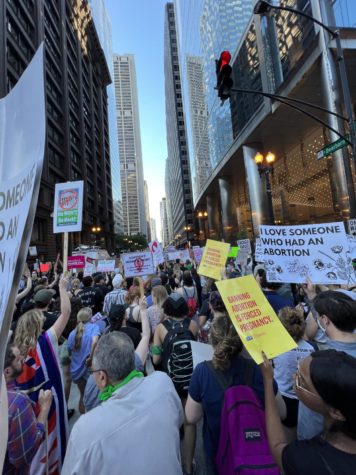
The overturning of Roe v. Wade has brought conversations to the surface, many of which are deeply rooted in personal beliefs. These discussions, riddled with ties to morals and religion, tend to bring intense debates, with sides being hastily drawn out in the sand.
With such a deeply intimate issue, it’s no surprise how emotional interactions can get. But is this the correct approach to confronting the issue of the overturning of Roe v. Wade? Viewing the lack of access to abortion that this repealing brings from a healthcare perspective would make it possible to circumvent these ineffective conversations, prompting logical and intelligent discussions.
Abortions in some cases are necessary to maintain the health of a pregnant individual. The American College of Obstetricians and Gynecologists (ACOG) states that “Pregnancy complications…may be so severe that abortion is the only measure to preserve a woman’s health or save her life.” By repealing Roe v. Wade, women’s healthcare is given a way to be limited. Access to medical care is a human right per the UN’s declaration of human rights. Acknowledging the fact that the Supreme Court is actively denying many U.S citizens access to a human right is important to recognize.
Limited access to abortions also increases the number of unsafe abortions. According to Amnesty International, “Unsafe abortions are the third leading cause of maternal deaths worldwide.” Women that reside in states where abortions are not accessible can be forced to turn to dangerous abortions that put them at risk of injury or death.
The overturning of Roe v. Wade and its ensuing repercussions of limiting the accessibility of abortion impacts women’s physical health and also poses risks to their mental health. Per the American Psychological Association President Frank C. Worrell, “…long-term psychological research demonstrates clearly that people who are denied abortions are more likely to experience higher levels of anxiety, lower life satisfaction and lower self-esteem.” Mental health is a legitimate concern when evaluating the impacts of this dearth in accessibility to abortions in parts of the United States. For a country already dealing with a mental health crisis, putting people in positions where their mental health is jeopardized due to decisions made by outside parties is a major concern.
One could say that the overturning of Roe v. Wade is inherently political as the document itself and the overturning of it represent a legal decision carried out by the Supreme Court. However, the implications of this repeal (i.e lack of access to abortion in certain states) extend far more than just the legal semantics of the situation. If American society fails to look past the political aspects of this overturning, we will fail to comprehend its severity. If the issue of abortion continues to become a matter of taking sides and doing whatever it takes to make the other side feel as if they lost something, where will it end? Having access to a medical treatment is not something that should be so easily used as a political ploy, in order to gain more control.
From physical to mental health, the overturning of Roe v. Wade and the inaccessibility to abortion it brings is an issue of health care. The discussion around abortion should not be political. We need to reframe conversations to see that abortion is a matter of safety for women, and frame the conversation objectively. Doing so is necessary to move forward in the conversation around this national debate.

